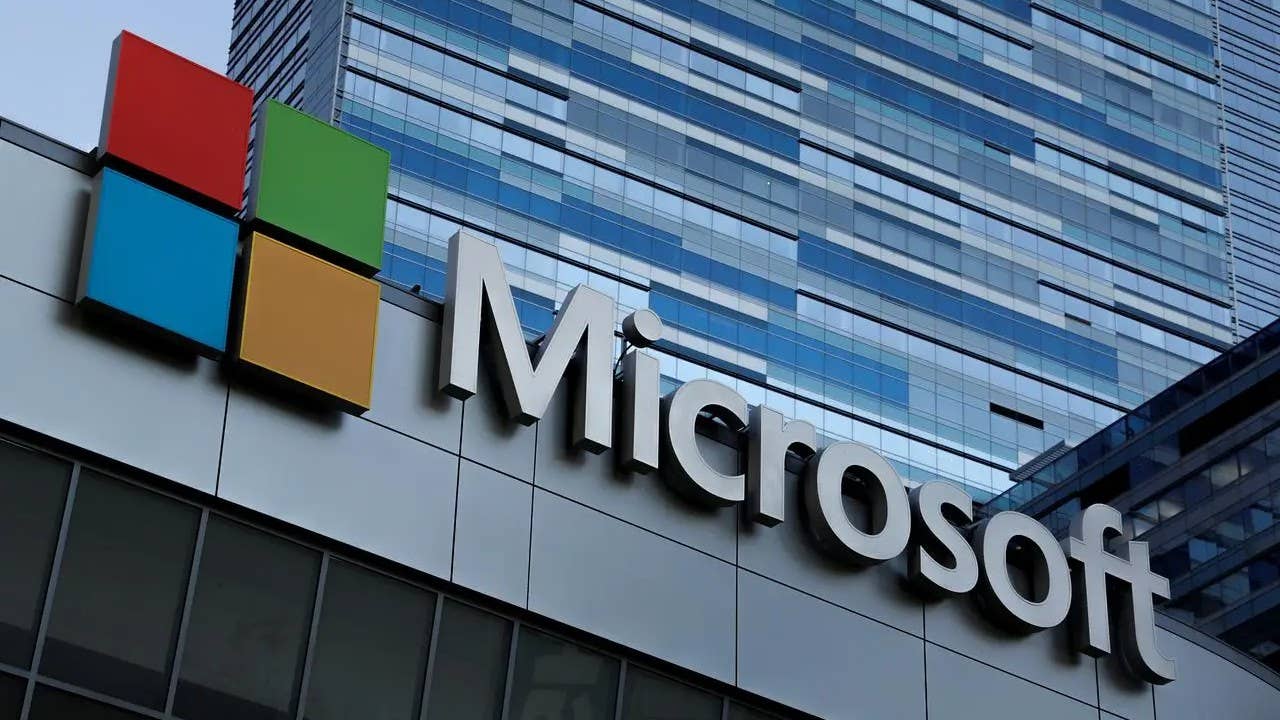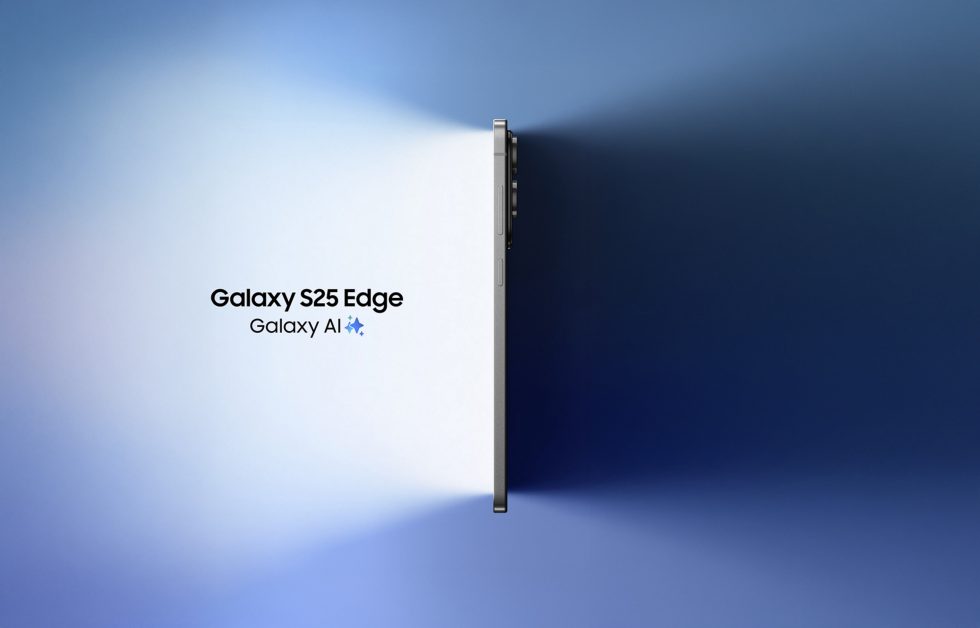MCP Will Be Built Into Windows To Make an 'Agentic OS' - Bringing Security Concerns
It's like "a USB-C port for AI applications..." according to the official documentation for MCP — "a standardized way to connect AI models to different data sources and tools." And now Microsoft has "revealed plans to make MCP a native component of Windows," reports DevClass.com, "despite concerns over the security of the fast-expanding MCP ecosystem." In the context of Windows, it is easy to see the value of a standardised means of automating both built-in and third-party applications. A single prompt might, for example, fire off a workflow which queries data, uses it to create an Excel spreadsheet complete with a suitable chart, and then emails it to selected colleagues. Microsoft is preparing the ground for this by previewing new Windows features. — First, there will be a local MCP registry which enables discovery of installed MCP servers. — Second, built-in MCP servers will expose system functions including the file system, windowing, and the Windows Subsystem for Linux. — Third, a new type of API called App Actions enables third-party applications to expose actions appropriate to each application, which will also be available as MCP servers so that these actions can be performed by AI agents. According to Microsoft, "developers will be able to consume actions developed by other relevant apps," enabling app-to-app automation as well as use by AI agents. MCP servers are a powerful concept but vulnerable to misuse. Microsoft corporate VP David Weston noted seven vectors of attack, including cross-prompt injection where malicious content overrides agent instructions, authentication gaps because "MCP's current standards for authentication are immature and inconsistently adopted," credential leakage, tool poisoning from "unvetted MCP servers," lack of containment, limited security review in MCP servers, supply chain risks from rogue MCP servers, and command injection from improperly validated inputs. According to Weston, "security is our top priority as we expand MCP capabilities." Security controls planned by Microsoft (according to the article): A proxy to mediate all MCP client-server interactions. This will enable centralized enforcement of policies and consent, as well as auditing and a hook for security software to monitor actions. A baseline security level for MCP servers to be allowed into the Windows MCP registry. This will include code-signing, security testing of exposed interfaces, and declaration of what privileges are required. Runtime isolation through what Weston called "isolation and granular permissions." MCP was introduced by Anthropic just 6 months ago, the article notes, but Microsoft has now joined the official MCP steering committee, "and is collaborating with Anthropic and others on an updated authorization specification as well as a future public registry service for MCP servers." Read more of this story at Slashdot.

Read more of this story at Slashdot.


_Christophe_Coat_Alamy.jpg?width=1280&auto=webp&quality=80&disable=upscale#)

















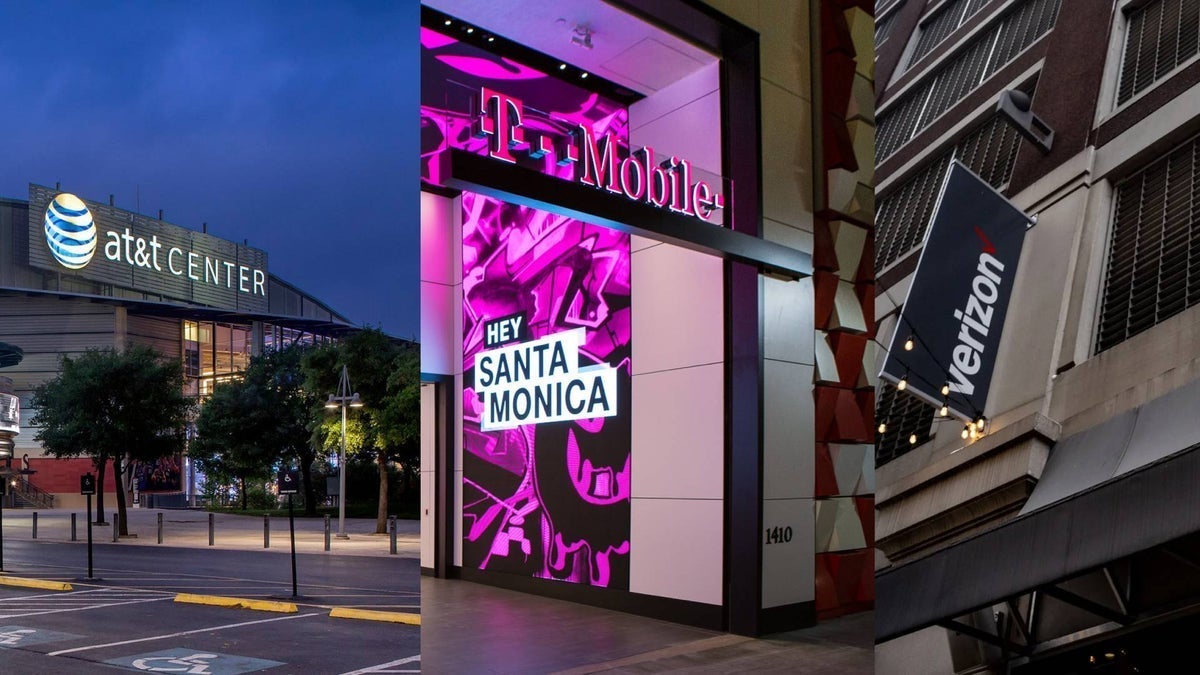







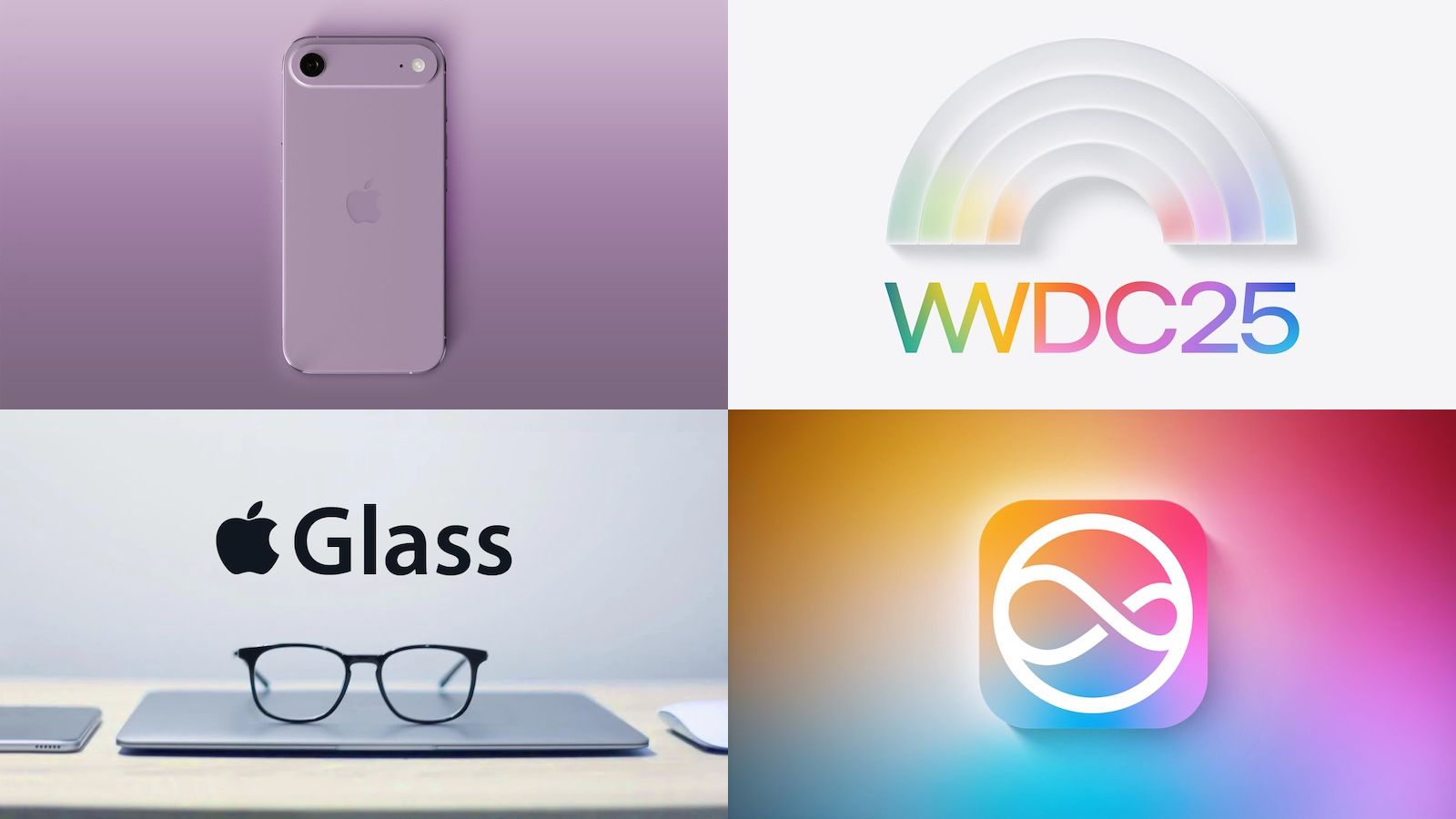



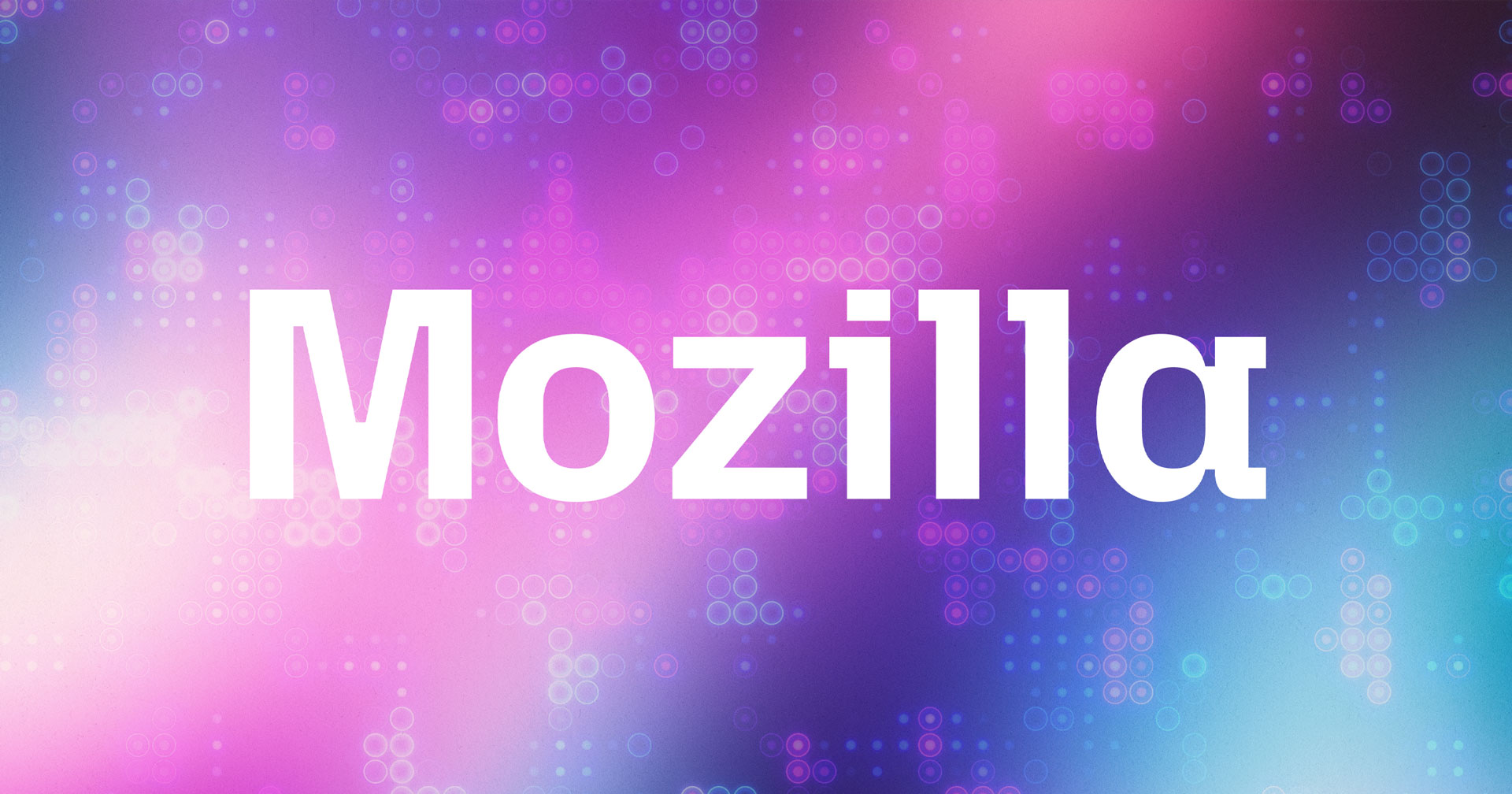



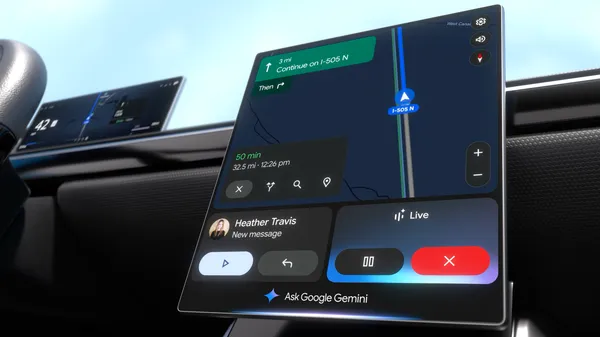








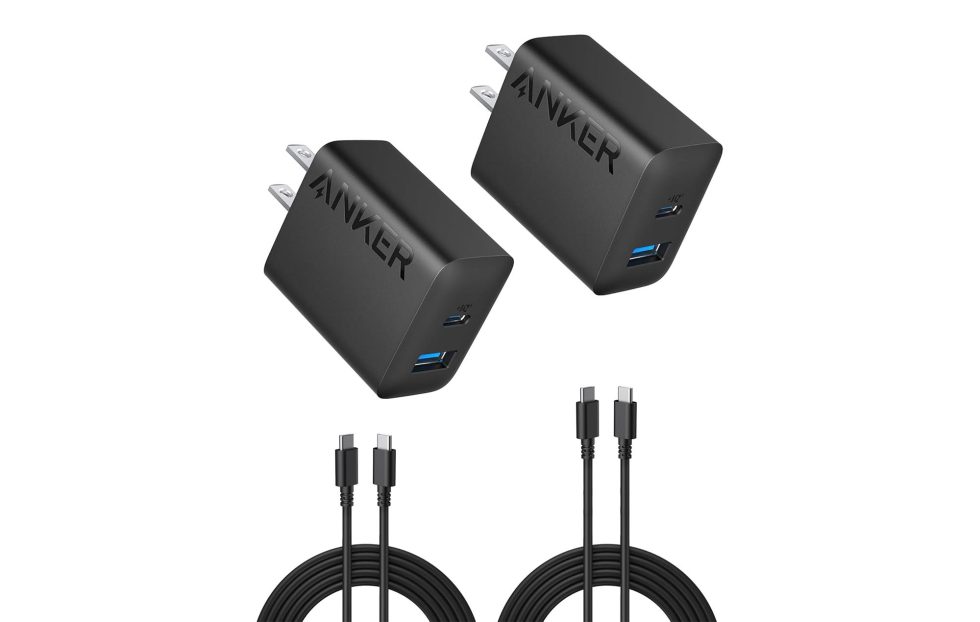




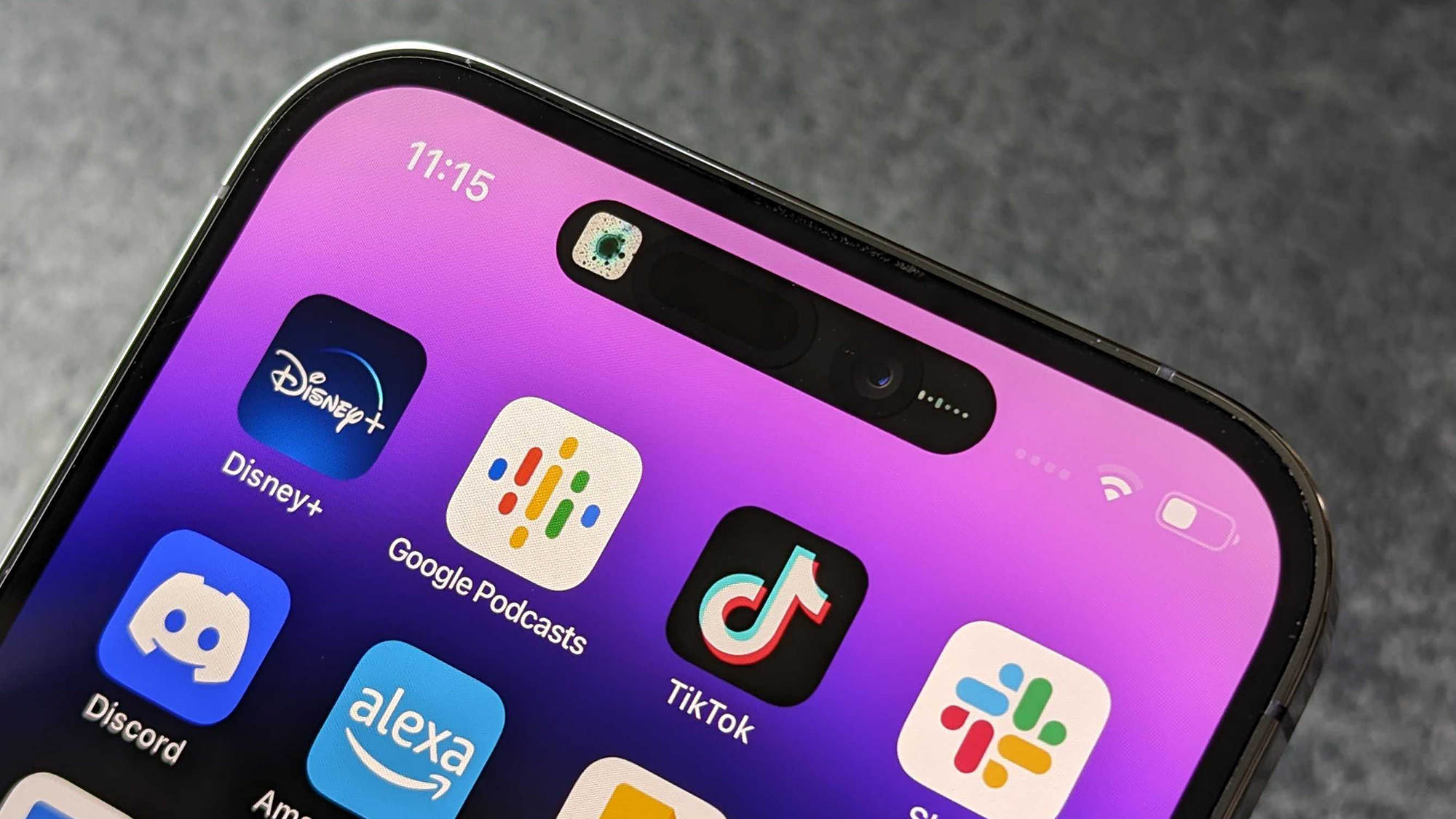
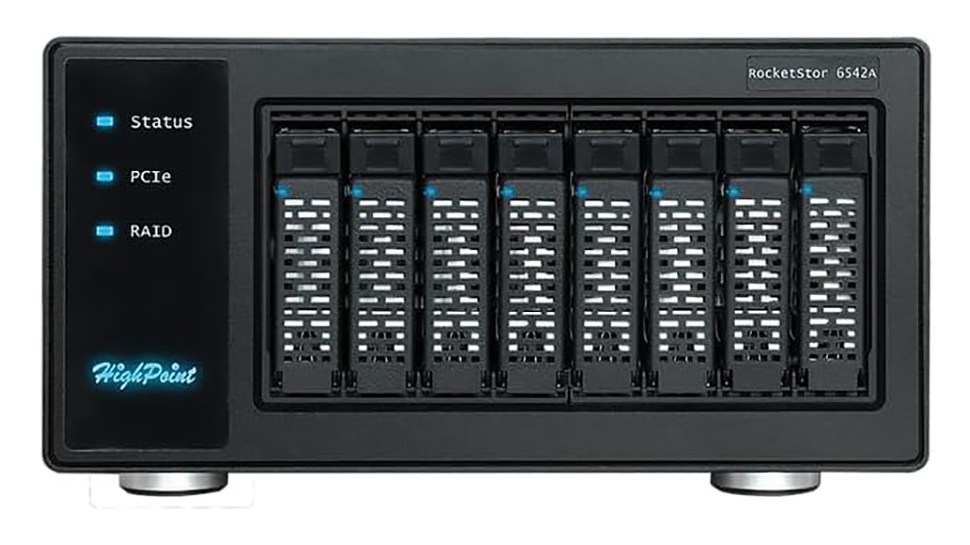
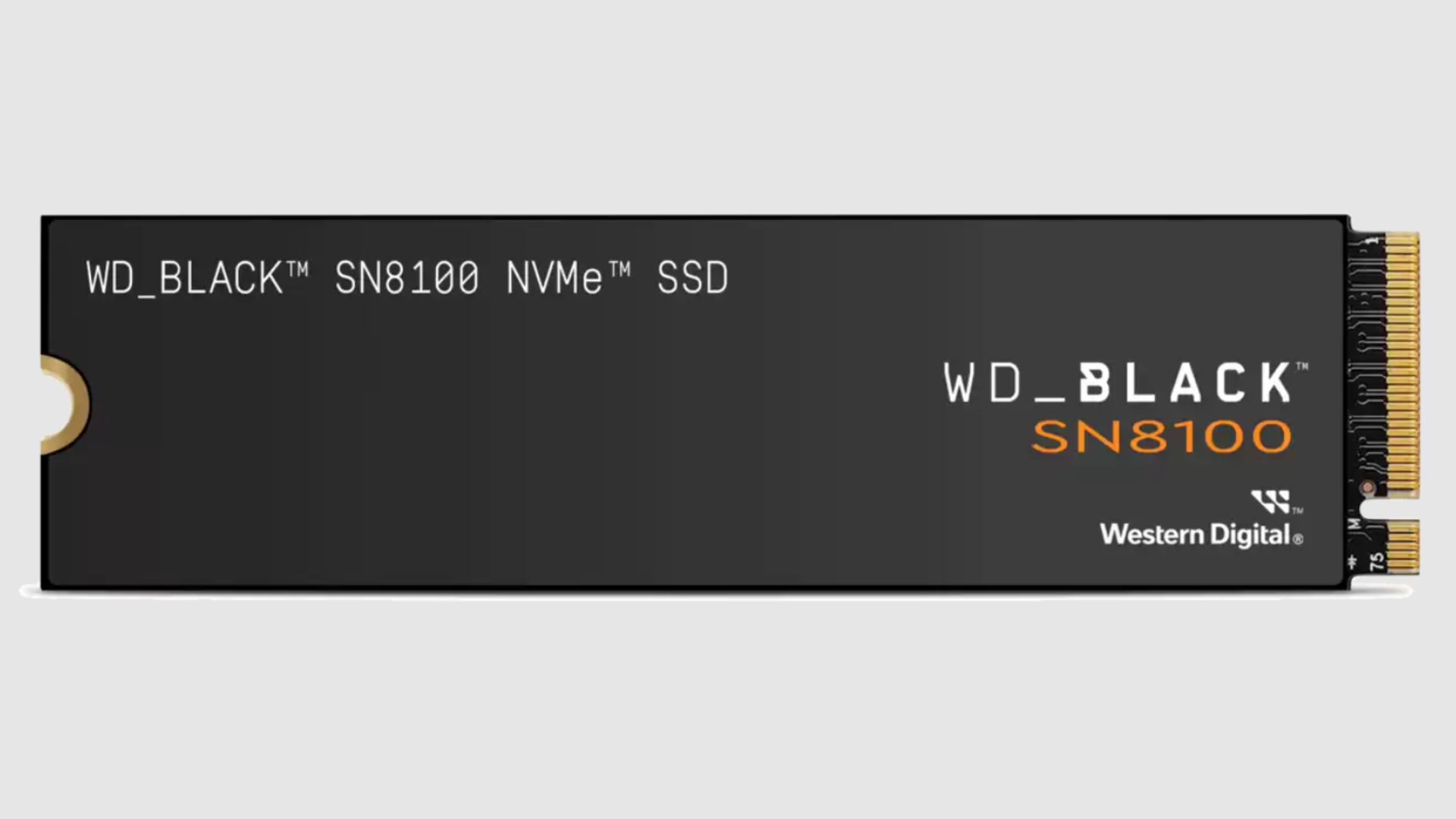
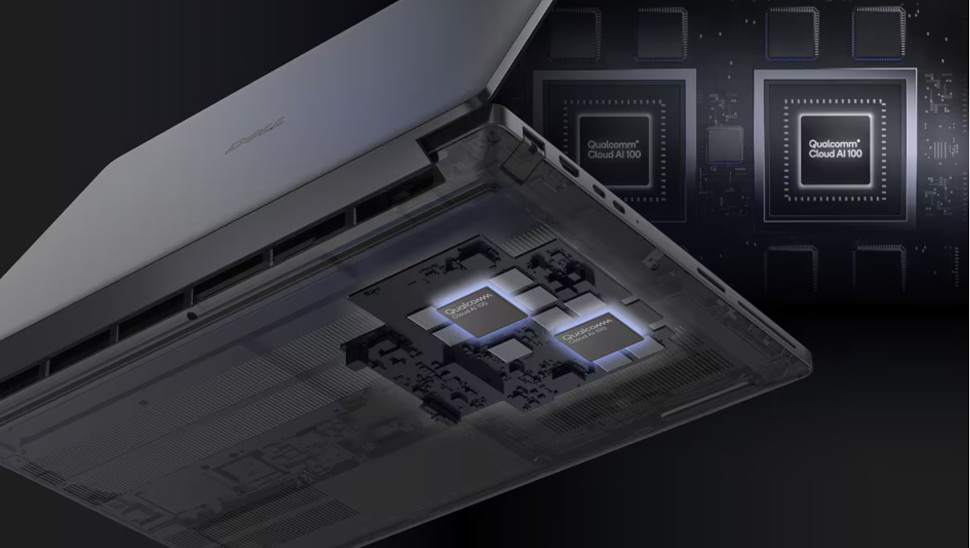


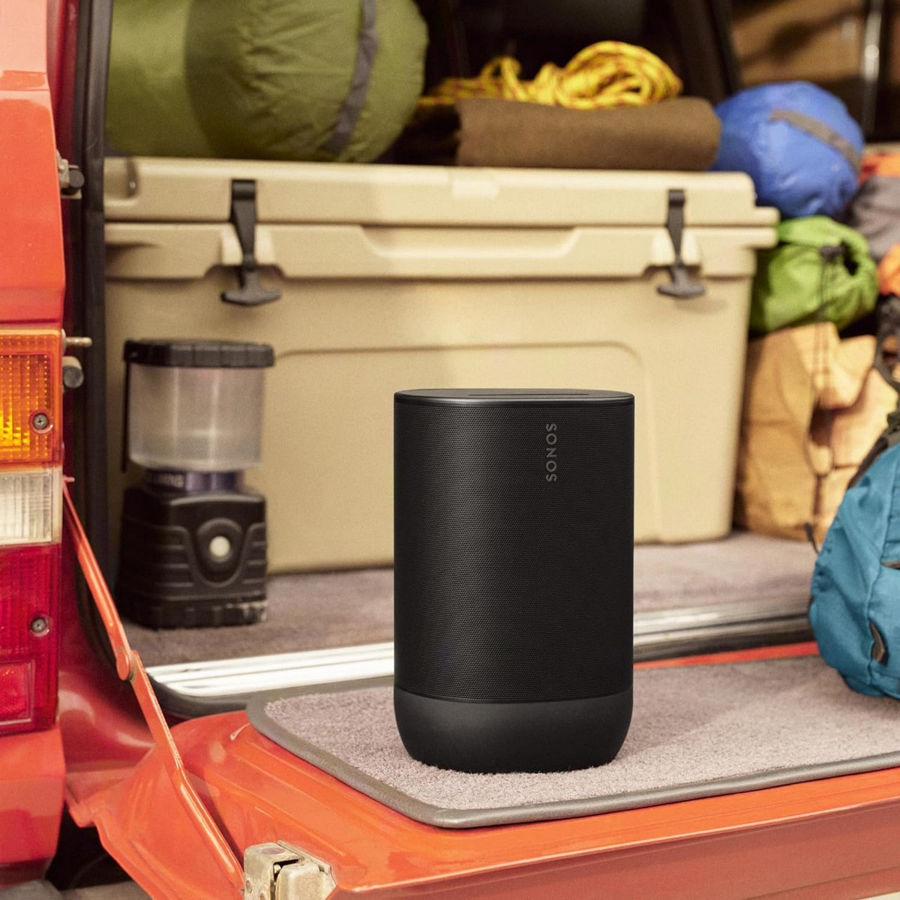












![Apple Shares Official Trailer for Season 2 of 'The Buccaneers' [Video]](https://www.iclarified.com/images/news/97414/97414/97414-640.jpg)
![Apple Highlights Ceramic Shield, Stolen Device Protection, and More in New Ads [Video]](https://www.iclarified.com/images/news/97416/97416/97416-640.jpg)
![Xiaomi Tops Wearables Market as Apple Slips to Second in Q1 2025 [Chart]](https://www.iclarified.com/images/news/97417/97417/97417-640.jpg)














![This ultra-thin Qi2 charger belongs in any travel pack [Hands-on]](https://i0.wp.com/9to5mac.com/wp-content/uploads/sites/6/2025/05/Kuxiu-FI.jpg.jpg?resize=1200%2C628&quality=82&strip=all&ssl=1)







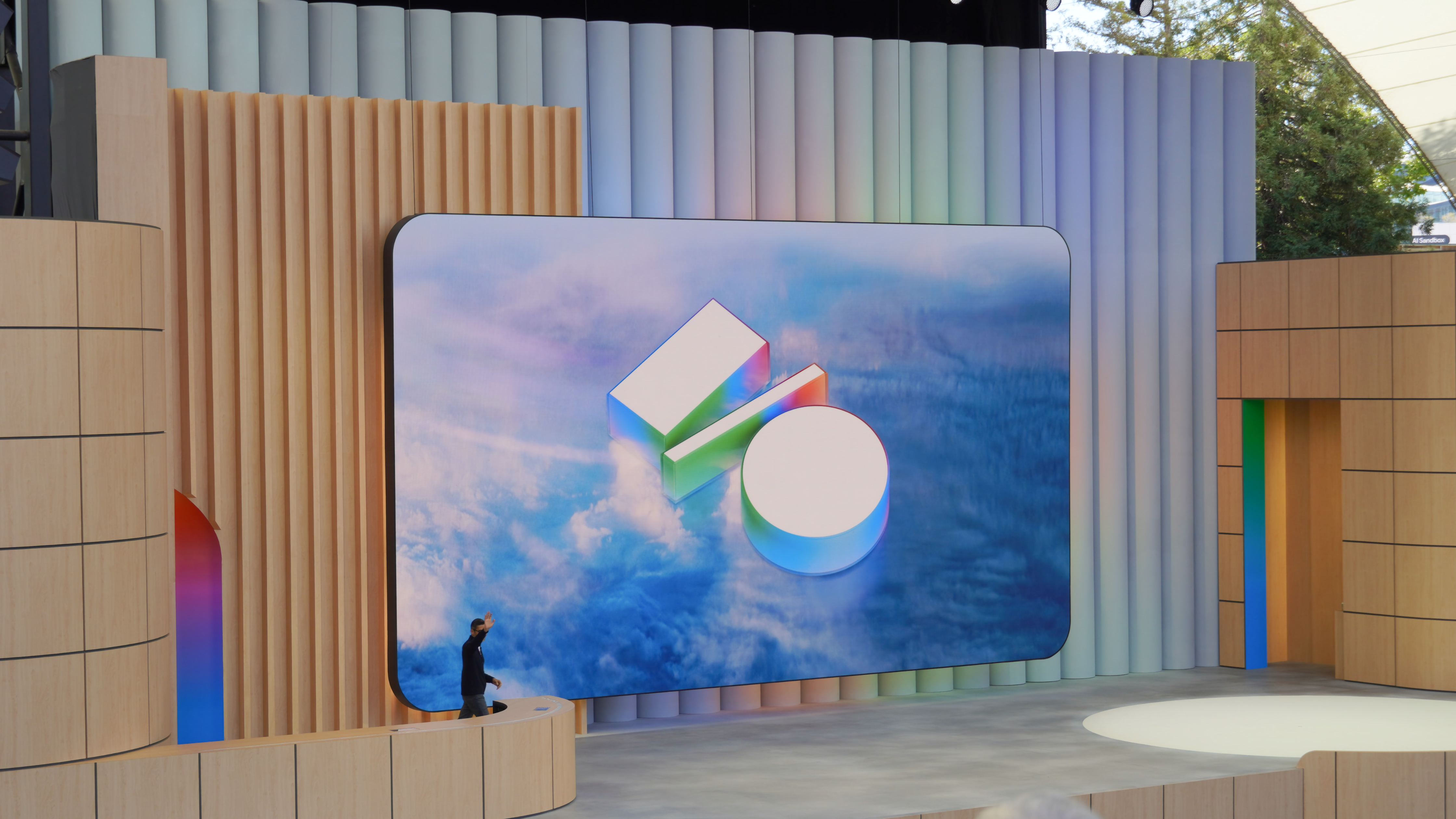



-xl.jpg)
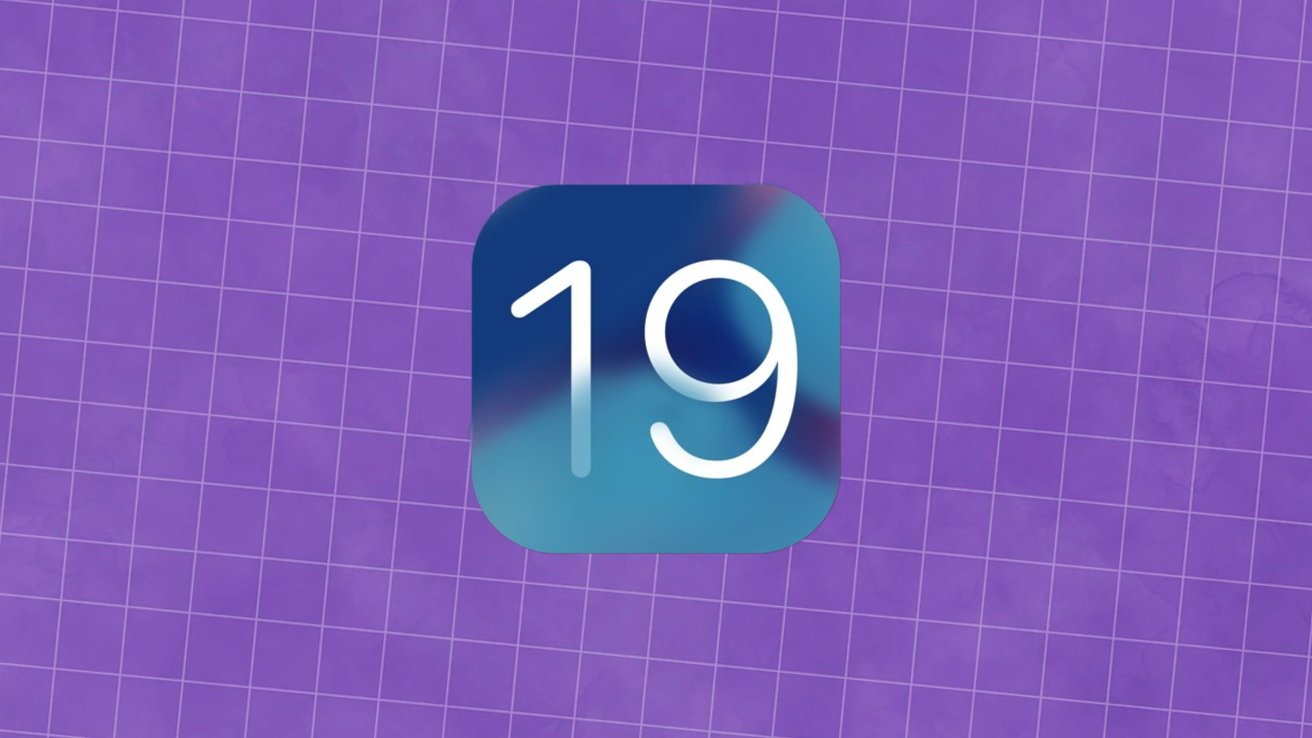























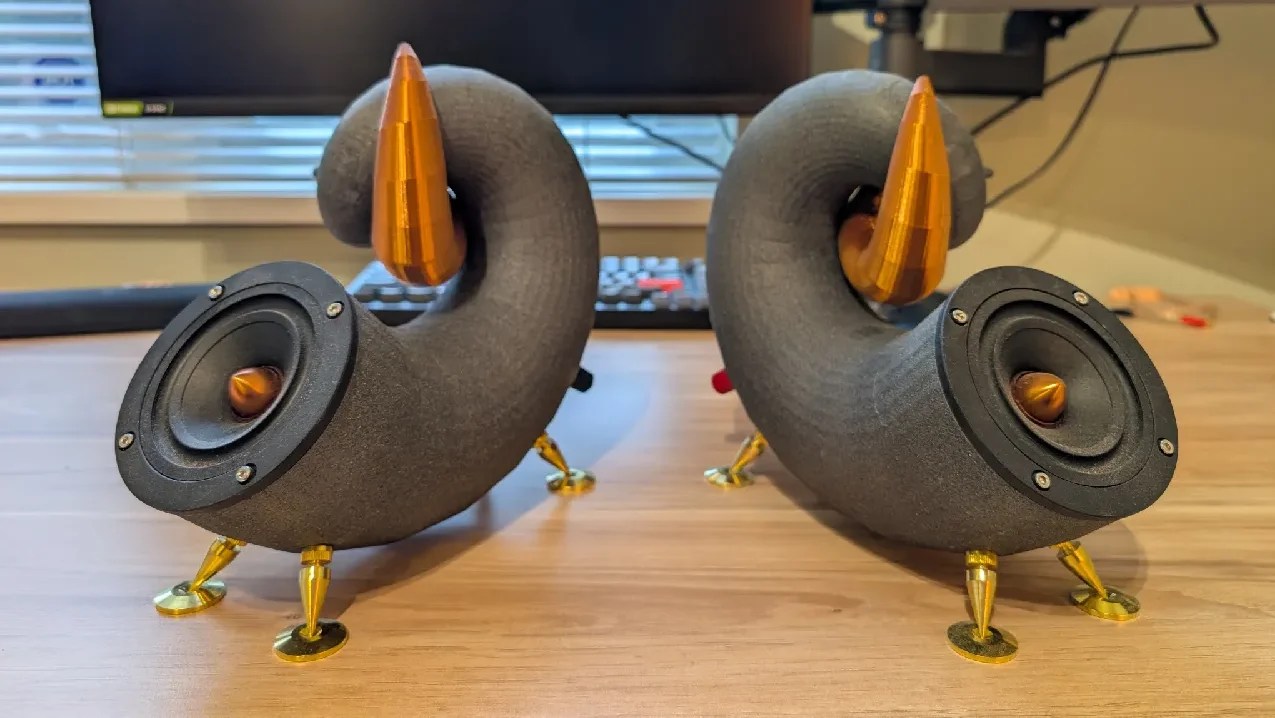

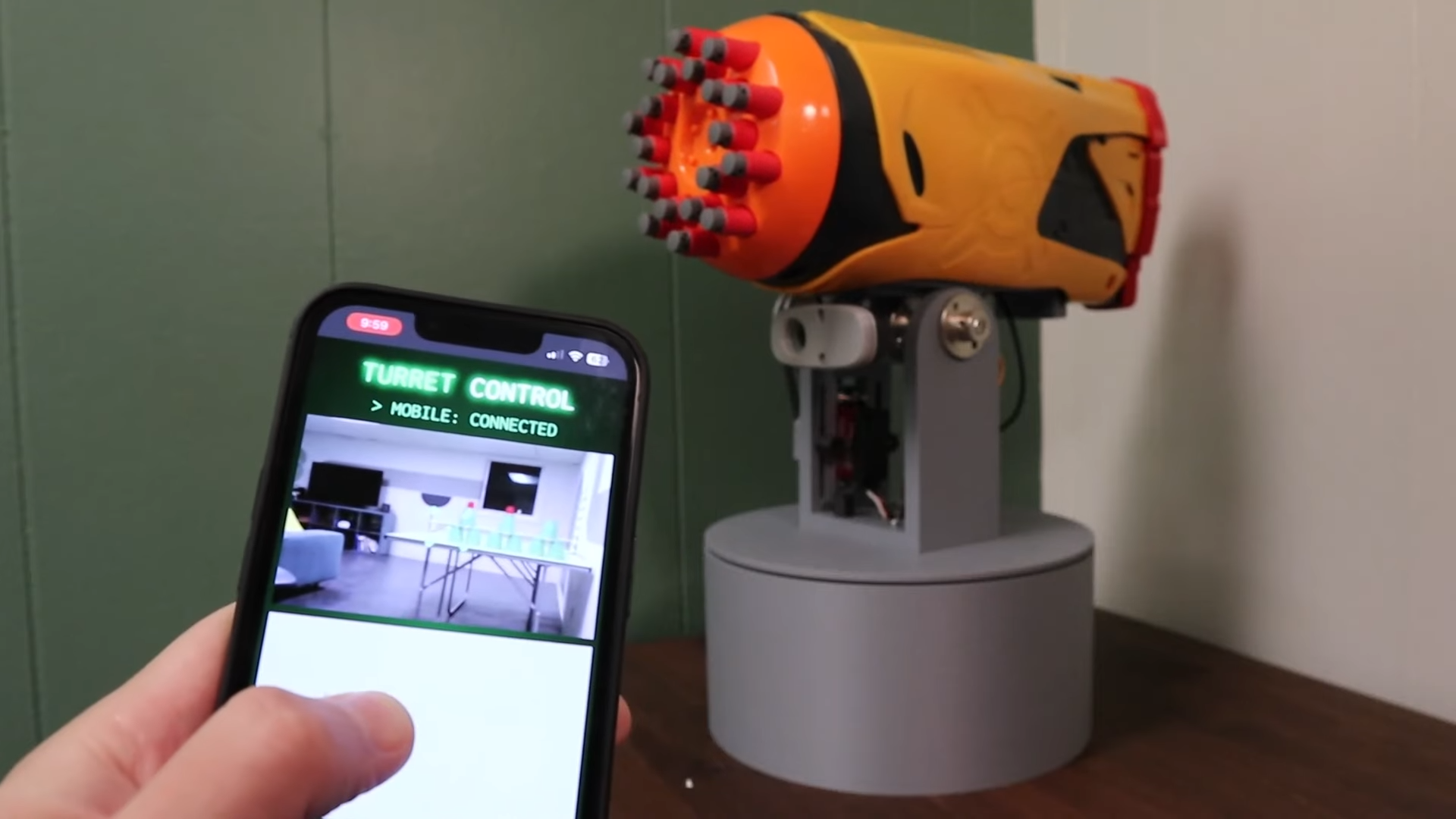


















































.webp?#)









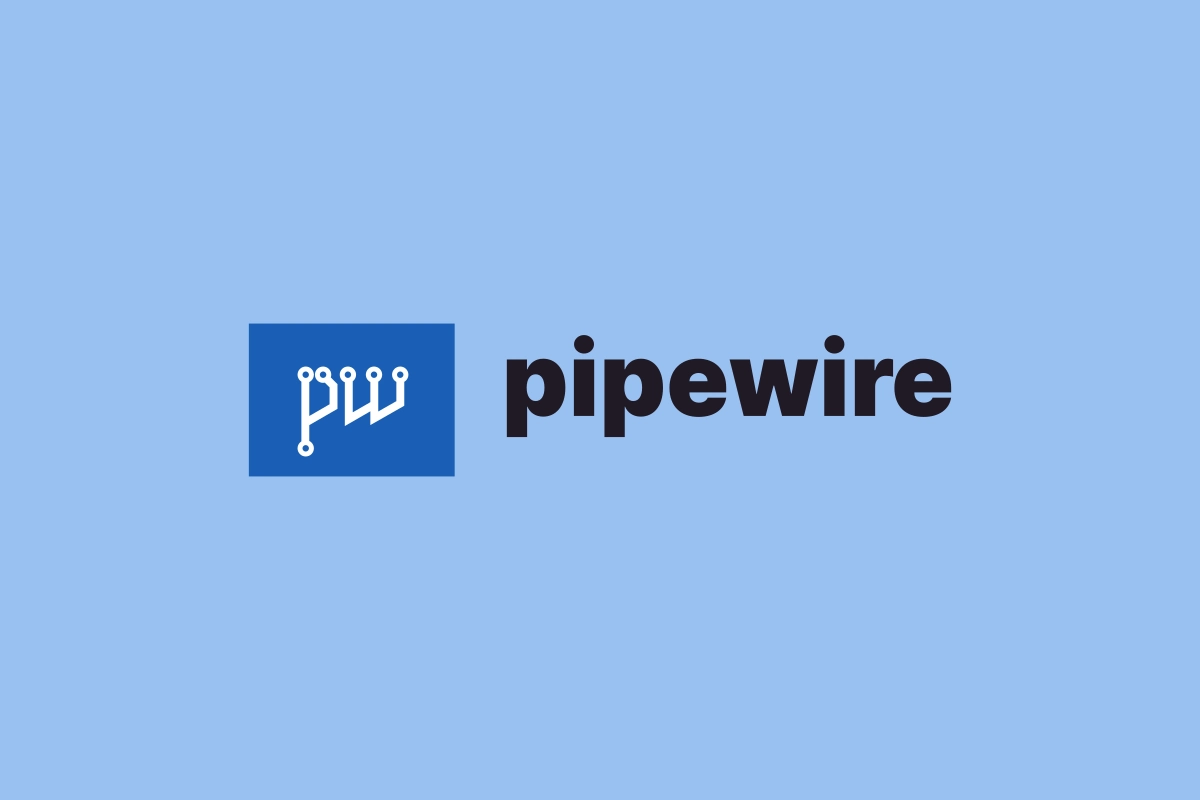




































































































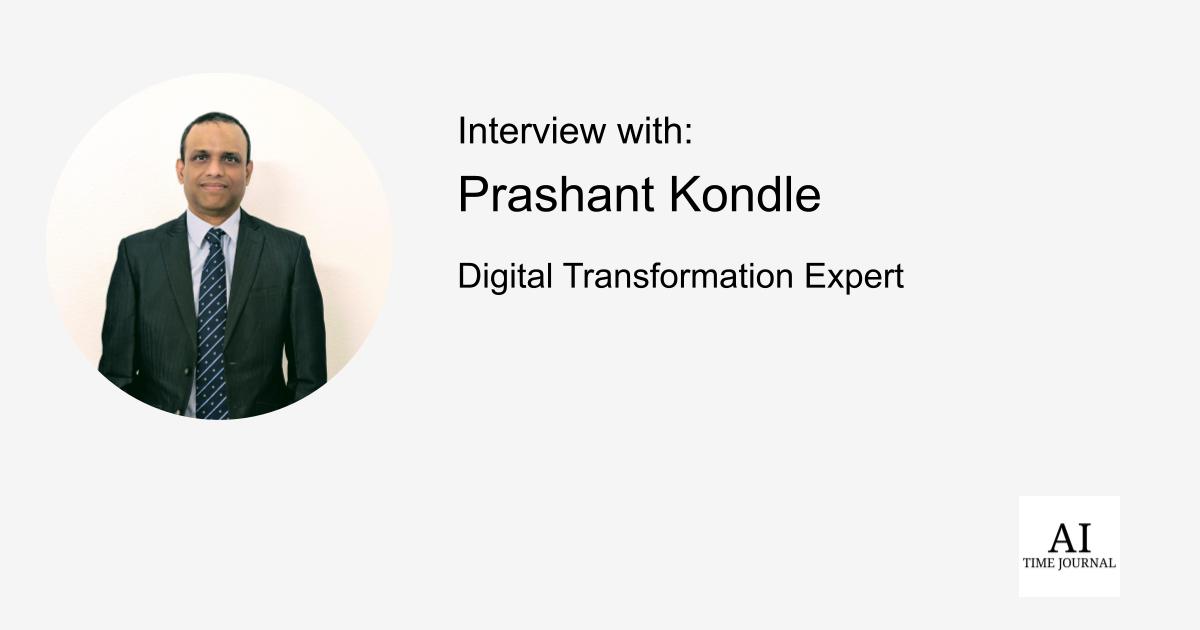











![[The AI Show Episode 148]: Microsoft’s Quiet AI Layoffs, US Copyright Office’s Bombshell AI Guidance, 2025 State of Marketing AI Report, and OpenAI Codex](https://www.marketingaiinstitute.com/hubfs/ep%20148%20cover%20%281%29.png)








































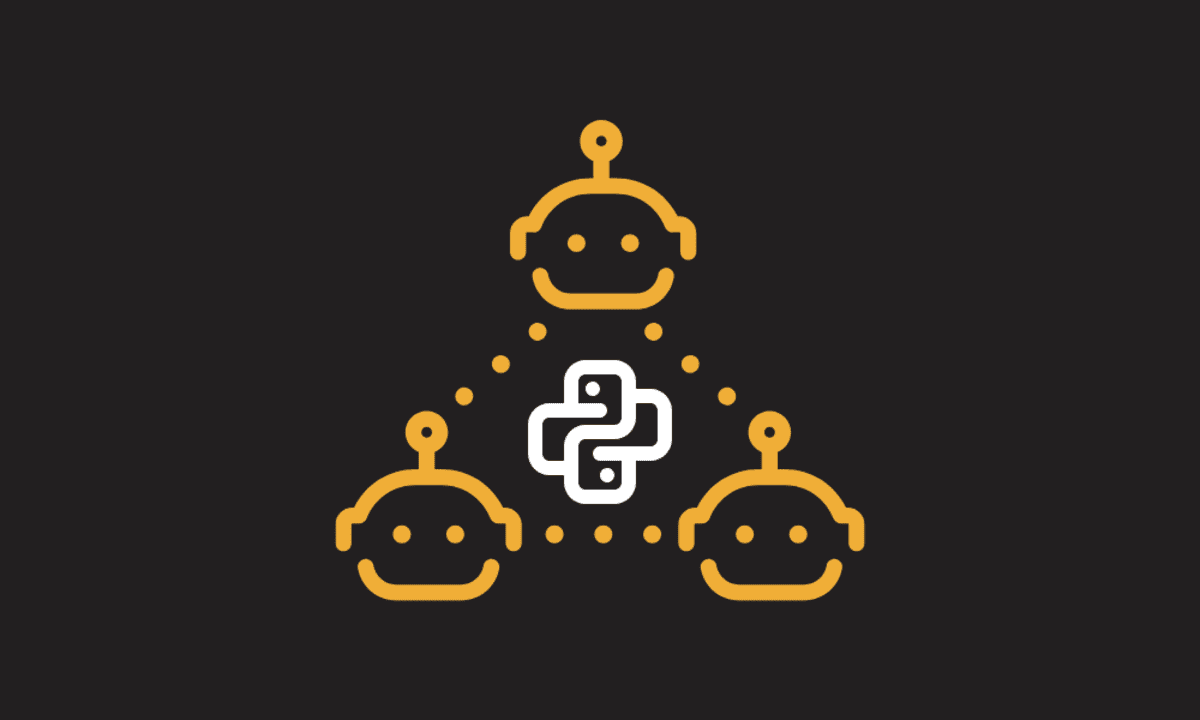
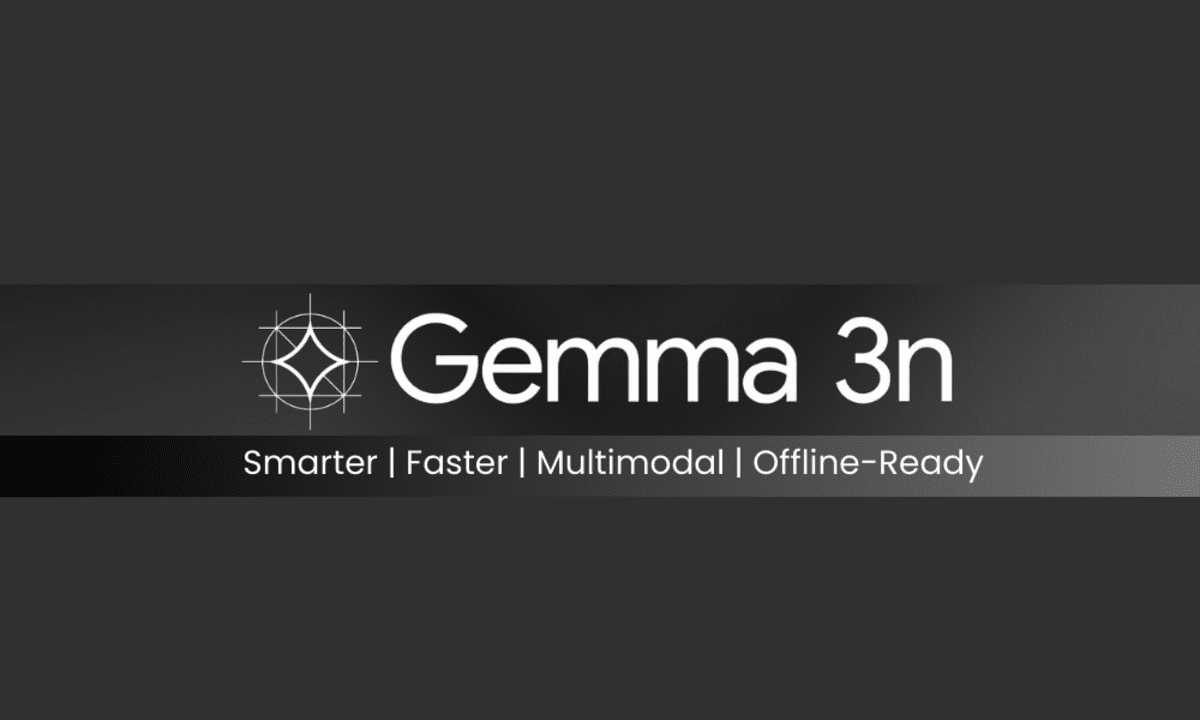
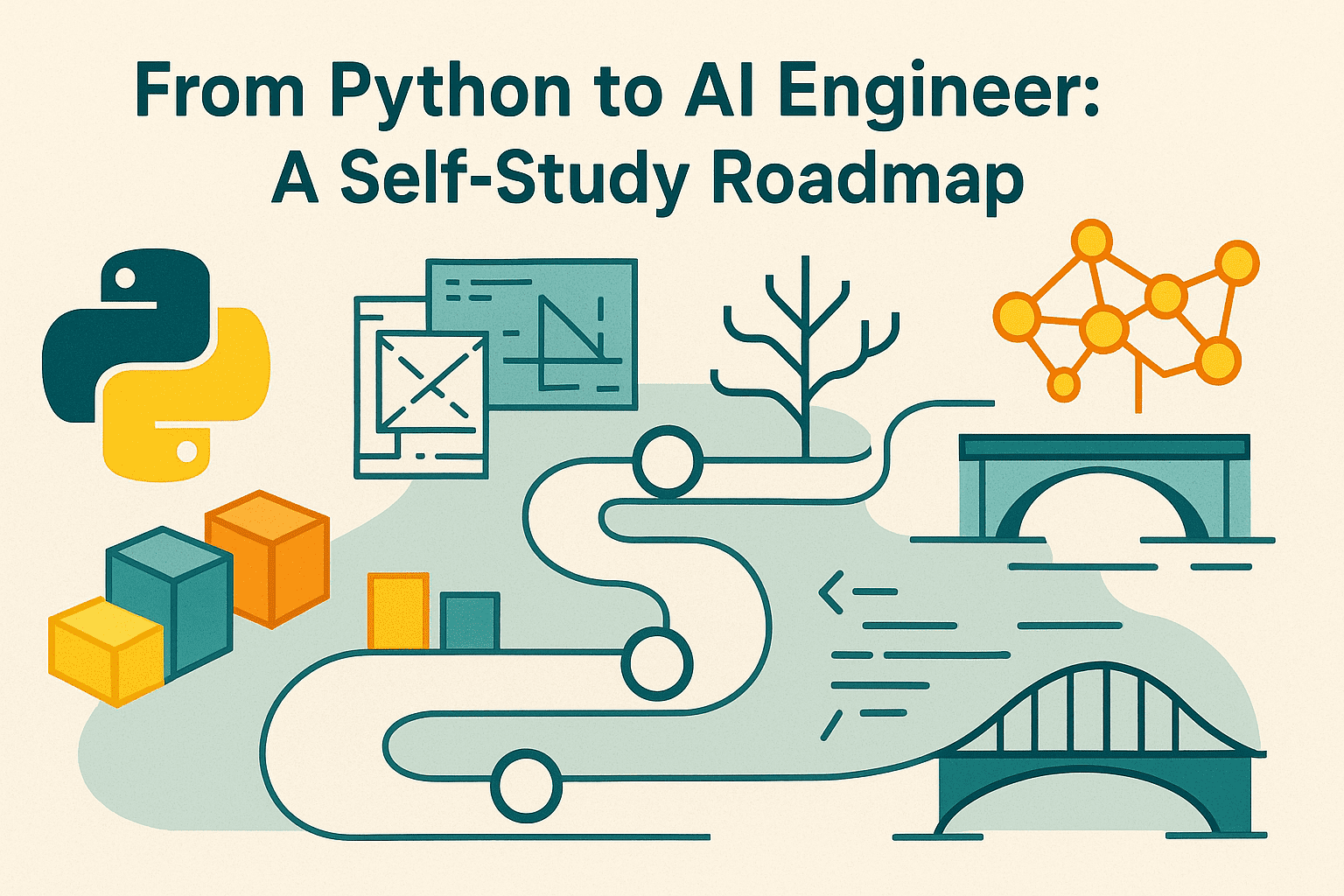




















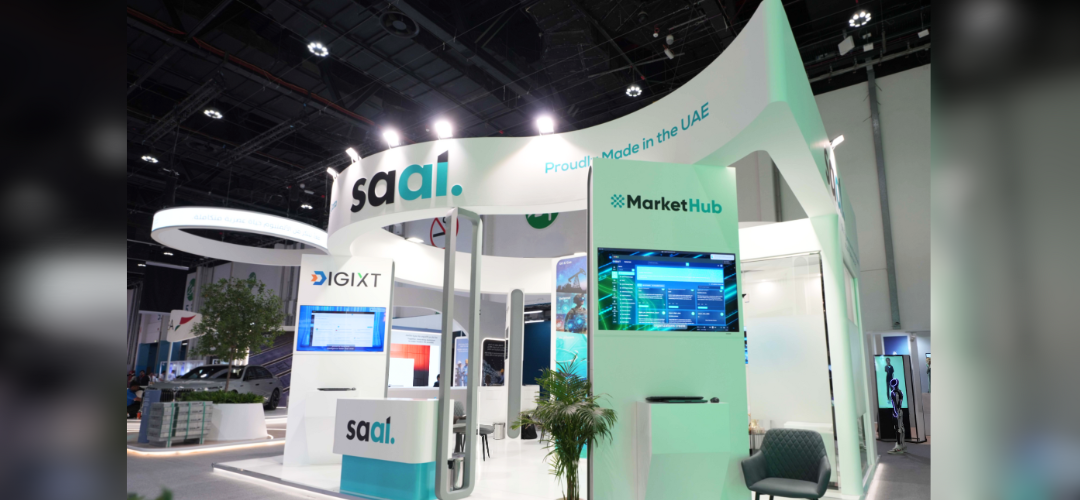

















































![[FREE EBOOKS] The Embedded Linux Security Handbook, Modern Generative AI with ChatGPT and OpenAI Models & Four More Best Selling Titles](https://www.javacodegeeks.com/wp-content/uploads/2012/12/jcg-logo.jpg)









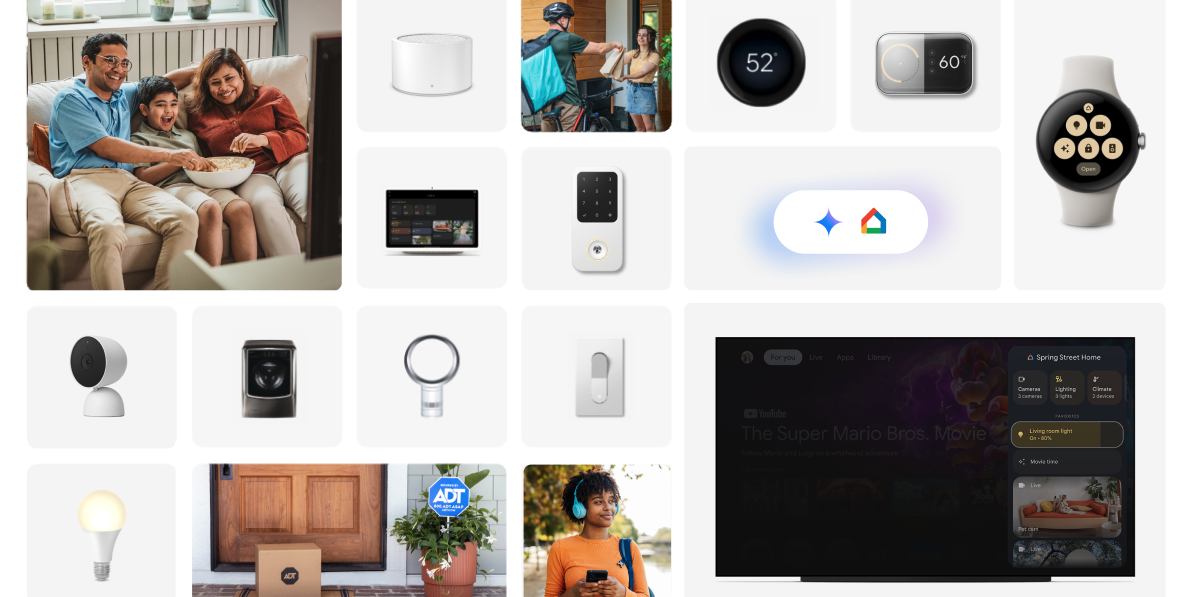




















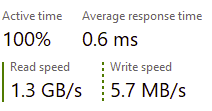















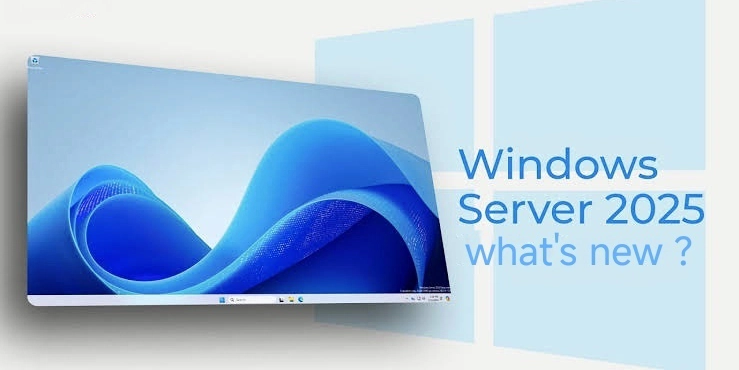

![Laid off but not afraid with X-senior Microsoft Dev MacKevin Fey [Podcast #173]](https://cdn.hashnode.com/res/hashnode/image/upload/v1747965474270/ae29dc33-4231-47b2-afd1-689b3785fb79.png?#)























.png?width=1920&height=1920&fit=bounds&quality=70&format=jpg&auto=webp#)


